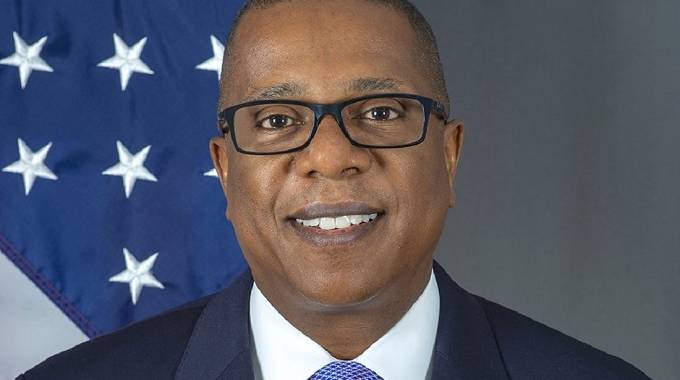EDITORIAL COMMENT: EU, US have no grounds to maintain sanctions against Zimbabwe

Diplomats from several Western countries including the US have expressed satisfaction with the scope of reforms that Government has embarked on to improve the country’s economic and political environment.
This has seen among other achievements, the expansion of the democratic space as enshrined in the Constitution.
Individuals and civil society groups are now openly expressing themselves.
The US ambassador to Zimbabwe Mr Brian Nichols who was speaking on behalf of diplomats from the EU, the UK, Australia, Canada, Japan, the Netherlands, Sweden and Germany that paid a courtesy call on the Speaker of the National Assembly, Advocate Jacob Mudenda, on Monday said the reforms were important in the country’s quest for development.
Mr Nichols said the diplomats were impressed by the legislative reforms that are ongoing in Parliament. He said some of the reforms have been passed, others are being debated while some are at various formulation stages.
“These reforms are very important for Zimbabwe as it develops, as it improves its democracy and as it moves forward with economic engagement,” said Nichols.
He said Advocate Mudenda laid out the advances made in the electoral reform process and ongoing debate on engagement as well as the consultation process.
The European Union (EU) has also acknowledged that Zimbabwe has made some progress towards the attainment of political and economic reforms.
Speaking after meeting President Mnangagwa at his Munhumutapa offices in Harare last month, EU head of delegation Ambassador Timo Olkkonen said the recent announcement of the Staff Monitored Programme (SMP), alignment of the Constitution and commitment to replace the Public Order and Security Act (POSA) were some of the positive steps Government has taken.
The Staff Monitored Programme announced at the beginning of last month, is aimed at implementing a set of policies that can facilitate a return to macro-economic stability.
These policies which are anchored on the country’s Transitional Stabilisation Programme (TSP) include fiscal consolidation, elimination of central bank financing of the fiscal deficit and adoption of reforms that allow market forces to drive the effective functioning of foreign exchange and other financial markets.
Mr Nichols said it was important for the country to promote the rule of law, including protection of the investors and liberalisation of the foreign exchange market which the Government is already implementing.
Now that the Western diplomats based in Zimbabwe and members of the EU delegation sent recently to assess the situation on the ground are all agreed that Zimbabwe has made some progress towards the attainment of political and economic reforms, what then are the grounds for the EU and US to maintain the illegal and unjustified sanctions imposed on Zimbabwe?
It is our fervent hope that the western diplomats based here and the EU delegation will soon join other progressive forces that are calling for the unconditional lifting of the illegal sanctions that are stifling the country’s economic growth.










Comments